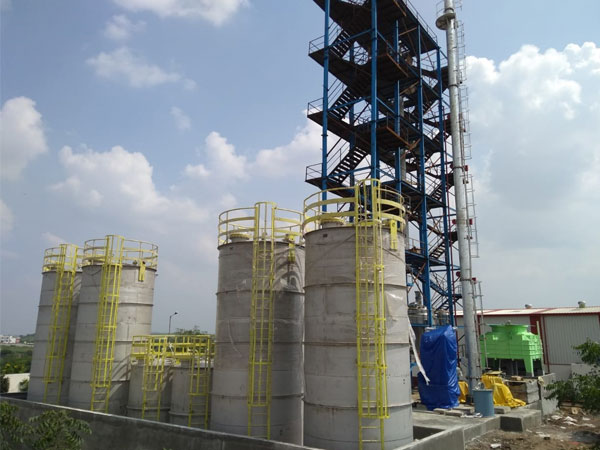- ISO 9001:2015 Certified Company
MSDH Plants

Municipal Solid Waste Disposal (MSDH) Plants are essential systems designed to manage and process the waste generated by urban areas. These plants are integral to maintaining cleaner, more sustainable cities by efficiently handling a variety of waste materials, including household garbage, recyclable items, and non-recyclable waste. As urban populations grow and the volume of waste increases, the need for advanced, environmentally responsible waste management solutions has never been more critical.
MSDH plants typically include a combination of manual sorting, mechanical separation, and automated processes to ensure that waste is properly handled, treated, and disposed of or recycled. The waste is first segregated into categories like organic waste, recyclables, and non-recyclable waste. Recycling processes involve separating paper, plastics, metals, and glass, while organic waste is often processed through composting or anaerobic digestion for energy recovery. The non-recyclable waste is directed to landfills or incineration for safe disposal.
Our MSDH plants are engineered with state-of-the-art technology to ensure minimal environmental impact and maximum resource recovery. They are designed for scalability, making them suitable for both small municipalities and large urban areas. We focus on sustainability, aiming to reduce the carbon footprint of waste disposal by incorporating renewable energy sources like biogas recovery and waste-to-energy technologies.
